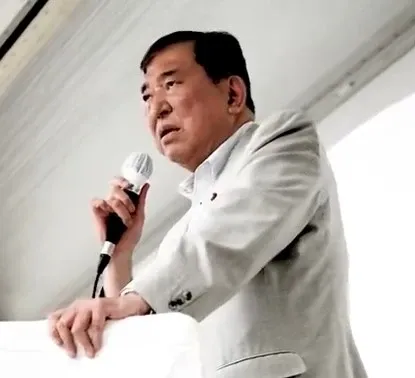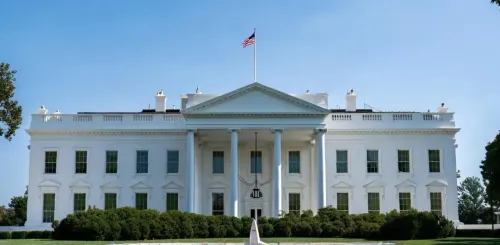Is Japan's Ruling Coalition Set to Lose Majority in the Upper House?

Synopsis
Key Takeaways
- The ruling coalition led by the LDP is likely to lose its majority in the House of Councillors.
- Major opposition parties are expected to gain seats in the upcoming elections.
- Shigeru Ishiba aims to fulfill campaign promises despite the political challenges.
- The political landscape in Japan may undergo significant changes due to this electoral outcome.
- This election highlights voter dissatisfaction and could influence future governance.
Tokyo, July 21 (NationPress) The coalition headed by Japan's ruling Liberal Democratic Party (LDP) is poised to lose its majority in the House of Councillors after the elections held on Sunday, as reported by public broadcaster NHK.
The alliance between the LDP and Komeito is anticipated to fall short of the required 125 seats for a majority in the 248-seat upper chamber of parliament, according to the Xinhua news agency citing NHK.
The House of Councillors consists of 248 members who serve fixed six-year terms. Elections occur every three years, with half the seats contested during each cycle. In the recent vote, 125 seats, including one to fill a vacancy, were available.
Simultaneously, the main opposition Constitutional Democratic Party of Japan is expected to increase its representation, while the Democratic Party for the People and Sanseito are projected to make notable gains, as noted by NHK.
Despite these setbacks, Shigeru Ishiba has affirmed his commitment to remain as Japan's prime minister, emphasizing that the LDP must uphold its responsibilities as the ruling party.
Ishiba mentioned to NHK that his party has managed to secure enough seats to be the leading faction in the upper house, highlighting the importance of fulfilling the commitments made during the campaign, including wage increases to address inflation.
The beleaguered prime minister is scheduled to conduct a press conference on Monday, while all major opposition parties have shown no interest in supporting the ruling coalition by forming an expanded alliance.
In the upcoming general elections in October 2024, the ruling coalition had already lost its majority in the more powerful House of Representatives, necessitating Ishiba to establish Japan's first minority government in over 30 years.










